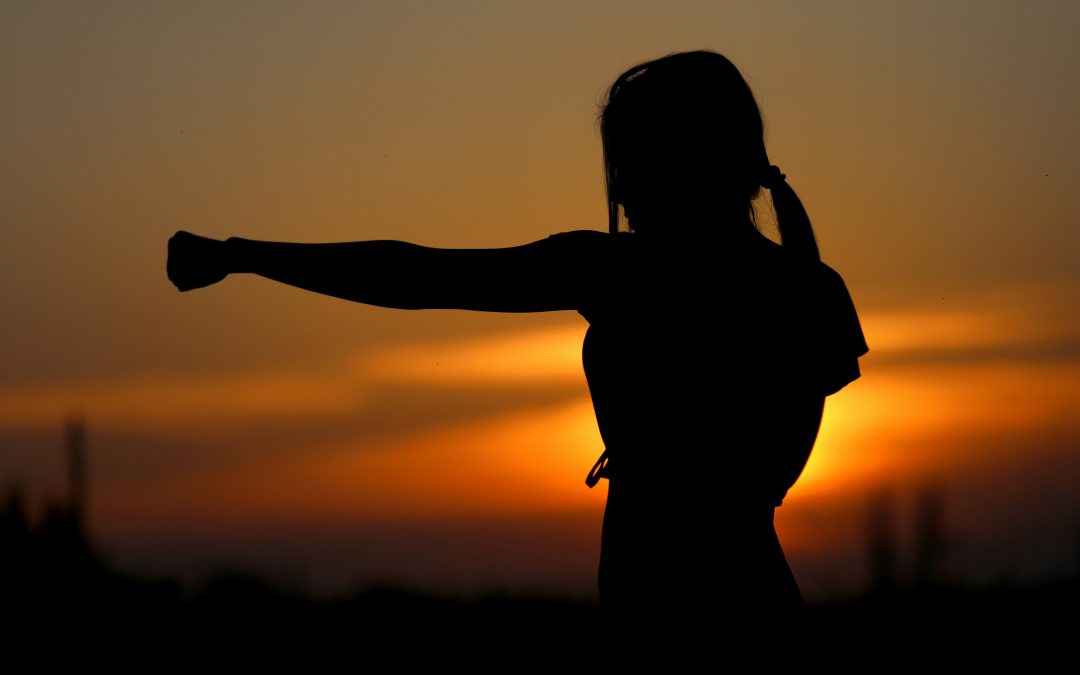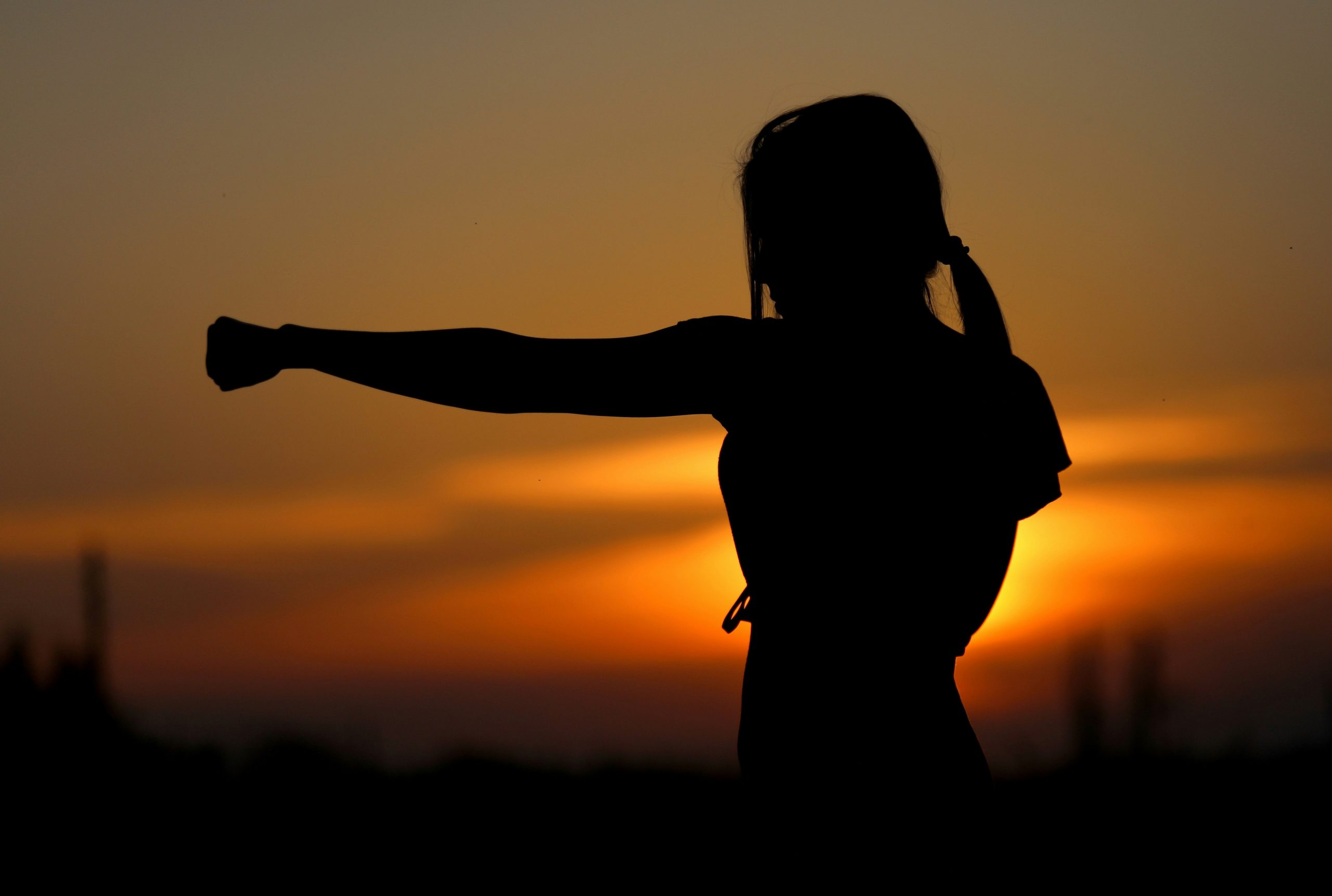
The Real Secret to Unshakable Self-Confidence
The Real Secret to Unshakable Self-Confidence
We tend to think of self-confidence as something you’re either born with or endlessly chasing. One moment it’s there, the next it’s vanished—especially when faced with rejection, challenge, or uncertainty. Wouldn’t it be nice if confidence came in a capsule we could take each morning?
Here’s the good news: There is a powerful way to build real self-confidence—and it doesn’t rely on perfect circumstances or the approval of others. The foundation of authentic self-confidence is self-awareness. When you’re connected to who you are and aligned with your truth, confidence becomes a natural byproduct.

Let’s break it down into four essential practices:
1. Know Yourself
We can’t change what we don’t notice.
Self-confidence begins by tuning in to your internal landscape—your thoughts, emotions, and behaviors.
- What are you thinking throughout the day?
- Are your thoughts supportive or self-critical?
- What feelings arise in different situations, and how do you respond?
- How do you spend your time—and are those actions aligned with your values and desires?
Try carrying a small journal for a few days. Write down recurring thoughts, emotional patterns, and how you’re spending your time. What you notice will reveal the raw material for transformation.
2. Understand Yourself
Awareness is the first step. Understanding is where real growth happens.
Once you start observing your patterns, dig deeper:
- Where did those critical thoughts begin?
- Whose voice are you hearing in your head?
- What beliefs or past experiences are shaping your behavior?
Understanding yourself requires compassion and curiosity. Your emotions—especially the uncomfortable ones—carry messages. When you feel anxious, angry, or sad, ask: What unmet need or past hurt is surfacing right now?
Also reflect on how you use your time. Are there patterns of avoidance or overwork that block your growth? What do you need—resources, rest, structure—to make new choices?
3. Accept Yourself
Self-acceptance is where the inner war softens.
When you stop fighting who you are and start meeting yourself with grace, everything shifts.
You don’t need to be perfect. You just need to be honest. Speak to yourself with compassion. Interrupt negative inner dialogue with affirmations that remind you of your worth. Let emotions rise and move through without shame. And when you make mistakes—as we all do—choose reflection over judgment.
Create balance in your actions: nourish your body, pursue meaningful goals, and leave room for joy. Celebrate your wins. Rest when you’re tired. Forgive yourself when you stumble. That’s how self-respect grows.
4. Love Yourself
When acceptance becomes love, you become unstoppable.
Loving yourself isn’t indulgent—it’s liberating. It shifts your inner dialogue. It fuels your actions. It elevates your life.
Love yourself enough to speak kindly to your mind. Love yourself enough to feel your feelings without shame. Love yourself enough to follow through on your dreams.
As you begin to like yourself, something deeper awakens. You realize you’re not just tolerating your life—you’re thriving in it. And that’s when confidence becomes second nature.
Here’s the truth:
When you know yourself,
When you understand yourself,
When you accept yourself,
When you truly love yourself—
Confidence is no longer something you chase. It’s something you embody.
Make these four steps part of your daily rhythm. Reflect. Breathe. Recenter. Repeat. Over time, you’ll notice a profound shift—not just in how you feel about yourself, but in how you show up for your life.



















